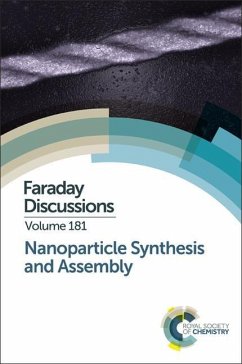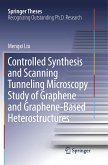Nanoparticles can be viewed as a new type of 'atom' with size dependent physical, optical and electronic properties that make them suitable for a wide variety of applications. There are many open questions in the field of nanoparticle synthesis and assembly: how does the nanoparticle-nanoparticle potential govern nanoparticle formation or assembly? Can we design a nanoparticle from the ground up, according to theoretical predictions, which will self-assemble into a given nanoparticle superlattice structure? How does the assembly process vary with nanoparticle shape and the ligand coating which surrounds each nanoparticle? The answers to these questions require the coordination and collaboration of nanoparticle theorists, synthesizers, and assemblers. Following the Nanoparticle Synthesis and Assembly: Faraday Discussion (April 2015), this book brings together a diverse group of scientists to deliberate the latest developments in nanoparticle theory, synthesis and assembly and to generate new ideas and engender new collaborations between these groups.
Hinweis: Dieser Artikel kann nur an eine deutsche Lieferadresse ausgeliefert werden.
Hinweis: Dieser Artikel kann nur an eine deutsche Lieferadresse ausgeliefert werden.








